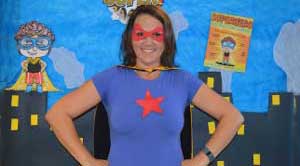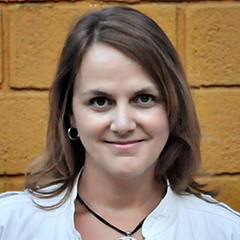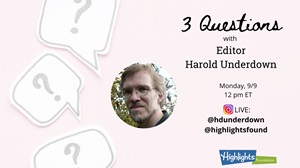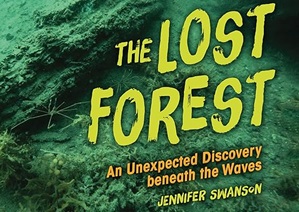It’s the beginning of another school year for me and there are currently 43 tabs open on my computer. Three are for email, one is a social media account, and the rest are articles I’ve run across that have given me ideas for teaching, or for writing, or for life. Clearly, I need a better system. Wading through the vast amounts of information on all I’m passionate about can be like standing below a waterfall trying to catch a single drop of water. Impossible. But I’ve learned that this is part of my process. I begin by standing in the deluge and just allowing it to wash over me as I consider all the drops of information.
I’ll be teaching a new Seminar class this year and I’ve begun to realize just how closely the research and writing process that I teach my students resembles my real-world writing process in writing for children.
Investigation
Asking and refining questions, pursuing wonder and curiosity
Observation
Researching, reading mentor texts, considering multiple perspectives
Documentation
Drafting, composing, synthesizing ideas, trying multiple approaches
Evaluation
Peer review and feedback, reflection, revision
While all that sounds very academic, I love that it reflects my process even in writing the simplest board book. I start by investigating the world of my audience (toddlers!) What is important to them? What are they curious about? What kinds of questions do they ask about the world?
I move on to observation. What topics and books already exist for this age? What topics and perspectives might be new and exciting?
Then I spend a good long while in documentation, drafting, trying out ideas, combining them and turning them into something new. Usually in this phase, I stumble into the right approach — rhyme, or wordplay, or structure, or characterization, or plot, among others. I might end up considering any and all of those things, but usually one is my entryway into the style of the story.
Then, when I have a complete draft, I depend on my critique group for evaluation and feedback, and use tried and true strategies for revision.
Wherever you are in your writing career, perhaps you can relate. Maybe you’re just beginning and drowning under the flood of information out there about how to start writing for children. Or perhaps, you’ve been writing for a while but want to explore new waters, to try something new, a new genre about which you need to begin that process of investigation. Or maybe, like me, you just have 43 tabs open on your computer and are trying to figure out what to do with them!







